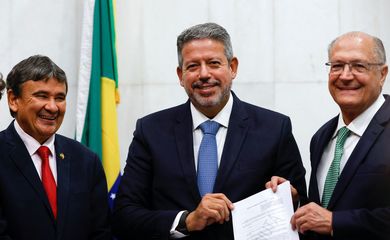Brazil top court: “Secret budget” unconstitutional

By six votes to five, Brazil’s Supreme Court considered the so-called rapporteur’s amendments to the federal budget—allocations known as RP9, or secret budget—unconstitutional. The case was concluded Tuesday (Dec. 19) and responds to motions filed by political parties Cidadania, PSB, PSOL, and PV, which argue the amendments are illegal.

Until December 15, when the judgment was suspended, the score was five to four against the secret budget. In her vote, Supreme Court Chief Justice Rosa Weber described the amendments as unconstitutional. This model, she declared, is detrimental to the distribution of funds, to the right of Congress members to participate in adjusting the budget, and to society, as it makes it difficult to learn how the cash is spent.
The mechanism was dubbed “secret budget” because the lawmakers benefiting from the grants came unidentified. As a result, RP9 critics claim, the cash could be used by the executive to co-opt representatives and senators to vote on matters of their interest. The funds provided in the amendments for 2023 total some $3.57 billion.
Congress resolution
After December 15, when the judgment was halted, Congress passed a resolution changing the rules governing the resources handed out in the rapporteur’s amendments in order to make these transfers more transparent to society.
On Monday (19), when the vote was resumed, Justice Ricardo Lewandowski cast the sixth vote, overthrowing the secret budget. He said the Congress resolution works to “limit the enormous discretion the rapporteur holds over the distribution of budget resources.” However, in the justice’s view, the changes are still not in accordance with constitutional parameters of transparency.




